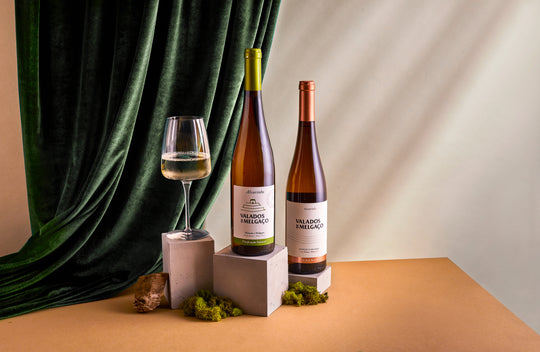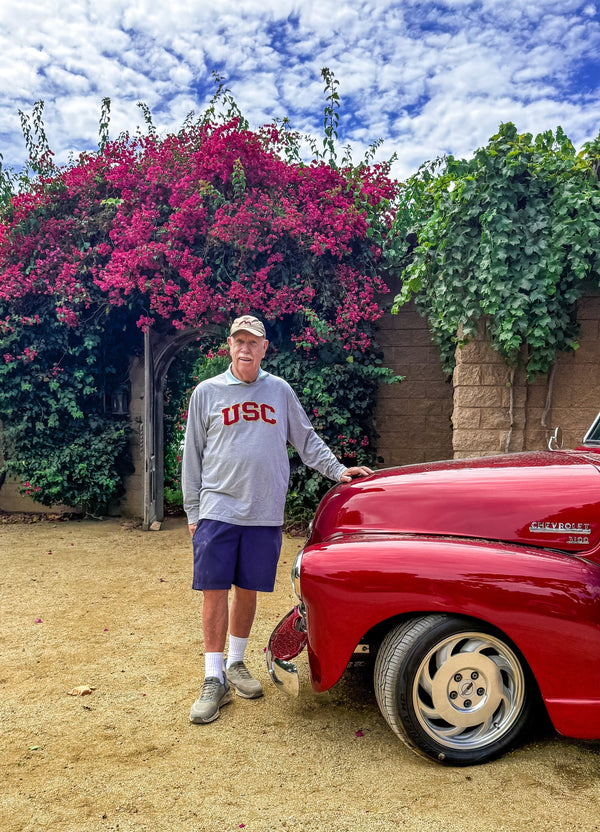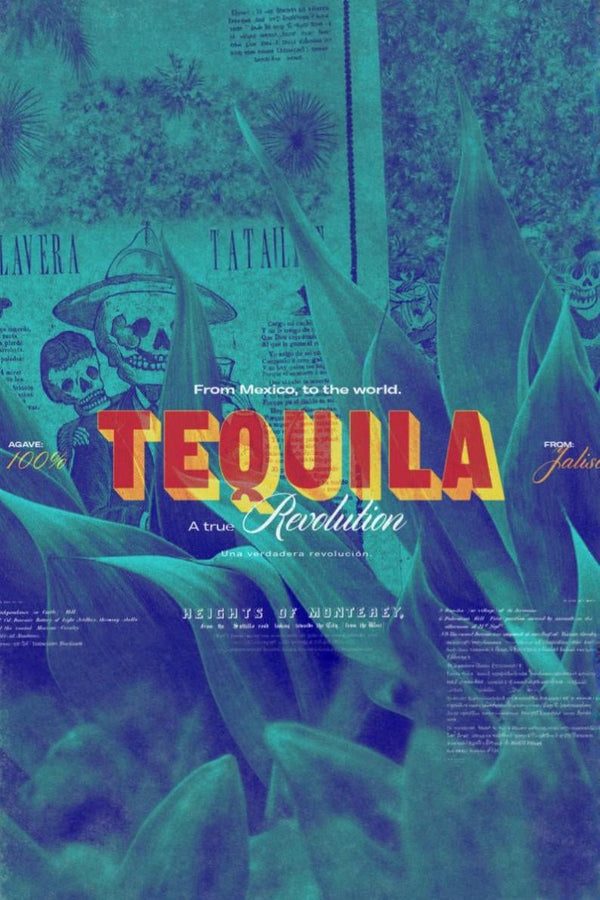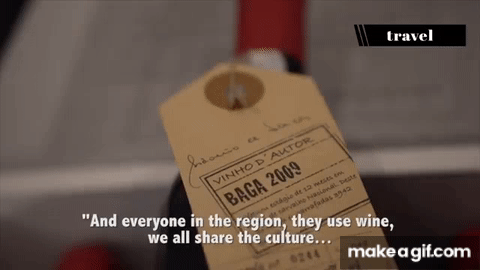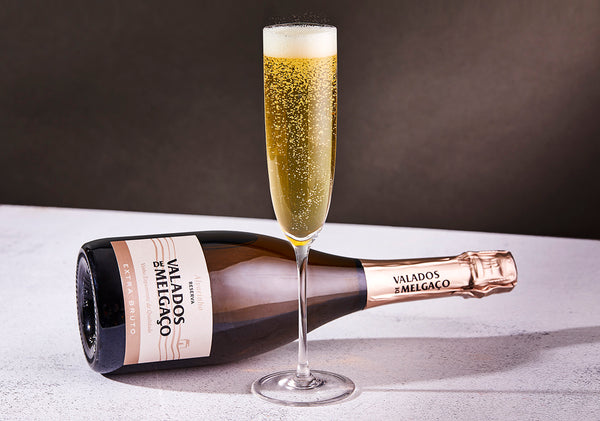Come On In, The Water’s Muddy
There’s something organic in the air, and it’s not the smell of sheep manure.
It’s more than that. It’s seaweed, grass clippings, and sheep manure.
If your pipe dream is to someday own and run an utterly organic production, I commend you. If it’s just to buy only organic, I have nothing but admiration. However, the nuts and bolts of it are that, unfortunately, it’s just not as easy as you think.
Here’s a little-known fact about organic wine-making: it can take up to five or six years to go completely organic. Yup, you read that right. Forget about replacing each process with organic practices and products – it will still take you years of toiling and hard work to reach completely organic purity.
This is why you can liken coming across an organic winery to finding a four-leaf clover in the grass – it’s lucky, charming and incredibly challenging to find.
Here’s another little-known fact, this time about New Zealand: it produces some pretty damn good wine. Now, you may be used to Old World Europe and its timeless classics, or even somewhat acclimated to Australian’s New World contribution.
New Zealand’s damn good wine is also kind of like a four-leaf clover. While they do tend to export a lot of their famed drops, they also keep many of them for themselves, making them hard to obtain.
It’s only natural, then, for New Zealand to increase their commercialization as the wine industry takes off and puts them on the map. However, if you’re as knowledgeable about organic as I think you are, you’ll know that there are always going to be disadvantages to going commercial.
Muddy Water has deliberately fought against the grain of commercialism with their wine. As they watch with tears in their eyes as a lot of New Zealand wine is produced for the commercial market, they aim to take their drops in the other direction. Muddy Water wines are made in small batches, with a whole lotta soul.
The Infamy of Organic
Muddy Water is pretty famous around Canterbury parts for being the first certified organic winery. Their aim with this is to keep the final product as unrefined as possible. They don’t want to manipulate something that’s already beautiful in its own right. Instead, they want to encourage it to flourish.
Now, let’s bring this back to the beginning when we were talking about how difficult being organic can be. The crop management of Muddy Water is done meticulously and painstakingly by hand. There are absolutely no insecticides, herbicides or fungicides used in this process.
Rather, biodynamic soil management and organic methods promote vine and soil health simultaneously. This hands-on approach means that Muddy Water intimately connects to the vine blocks, walking the rows each day and focussing and tuning in to what the environment needs.
I think it’s fair to say that Muddy Waters’ process is a labor of love. This love culminates an exquisite drop that quite frankly is pretty difficult to beat.
Nothing Quite Beats Natural
The main takeaway from a vineyard like Muddy Water is that if you’ve got great grapes, there’s not going to be a lot you have to do with them. The organic way of doing things also lends more layers and complexity to the vintage, presenting a wine tasting experience in its purest form.
From Pinot Noir to Chardonnay and Riesling, there’s an opportunity here to savor some stellar samples that you’ll struggle to find elsewhere.
When a bottle of wine tastes this good, the fact that it’s organic is just a bonus.

